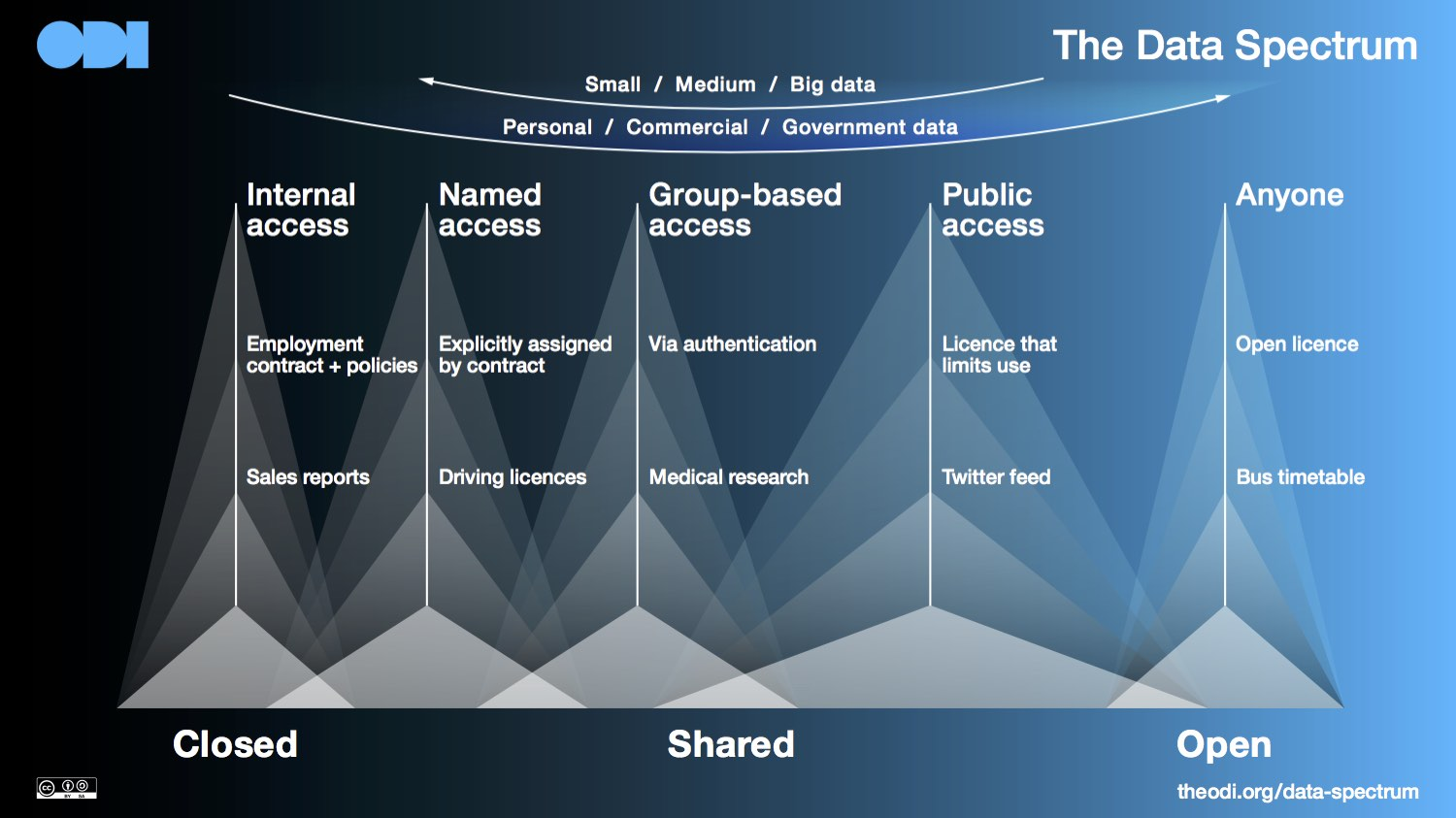What are standards?
Standards are documented, reusable agreements that solve a specific set of problems or meet clearly defined needs.
Standards detail the language, concepts, rules, guidance or results that have been agreed.
Standards are used when it’s important to be consistent, be able to repeat processes, make comparisons, or reach a shared understanding.
Standards are used in industries and sectors across the world to document agreements on physical items, ideas, digital products, processes, and more.
Everyday standards include:
- standards for electrical sockets so any appliance can be plugged in
- standards for addresses so post can be delivered more efficiently
- standard units of measurement for drinks
- standard sizes for nuts and bolts so buying and selling are more cost-effective
What are open standards?
An open standard is a standard that’s available for anyone to access, use or share.
ITU, the United Nations specialised agency for information and communication technologies, provides a useful definition of open standards from their telecommunication standardisation sector group (ITU-T).
Open Standards are standards made available to the general public and are developed (or approved) and maintained via a collaborative and consensus-driven process. – ITU-T
This definition implies that open standards are not just available for anyone to read and implement, but the process of creating them is itself open to participation.
In practice the definition of open standard is widely interpreted. Some are designed by a small group of organisations in commercial consortia. Others are created using open processes that encourage broad participation. Some standards are voluntarily adopted, others are mandated by regulators.
A specification created by a single organisation that is available for anyone to freely use and which has been broadly adopted might also be be considered an open standard.
In this guidebook we recommend that standards are openly licensed and are collaboratively designed using open, public processes.
What are open standards for data?
Open standards for data are documented, reusable agreements that help people and organisations to publish, access, share and use better quality data.
Open standards may be developed to:
- agree on common models or a common language
- share information consistently
- make combining information simpler and more streamlined
- support positive social change
- implement policy or legislation
- promote common understanding and shared vision
Open standards and open data
Open standards may produce open data (data that anyone can access, use or share), as well as shared or closed data.
Open standards support better data across the Data Spectrum. The outputs of an open standard can be data or a model that supports better quality data.
Read about types of open standards.
 Image source: The Open Data Institute
Image source: The Open Data Institute
Examples of open standards for data
- General Transit Feed Specification (GTFS), the de facto standard for public transit, makes it easy to find bus, train, and tram stops and schedules when you use apps like Citymapper, Google Maps or ride-sharing apps like Park.io
- In England, local planning authorities use the Brownfield Site Register Open Data Standard to share the location and condition of sites suitable for residential development
- The US Environmental Protection Agency (EPA) uses open standards for environmental data and a central data exchange to significantly reduce the cost of collecting and sharing data with 65,000 active users